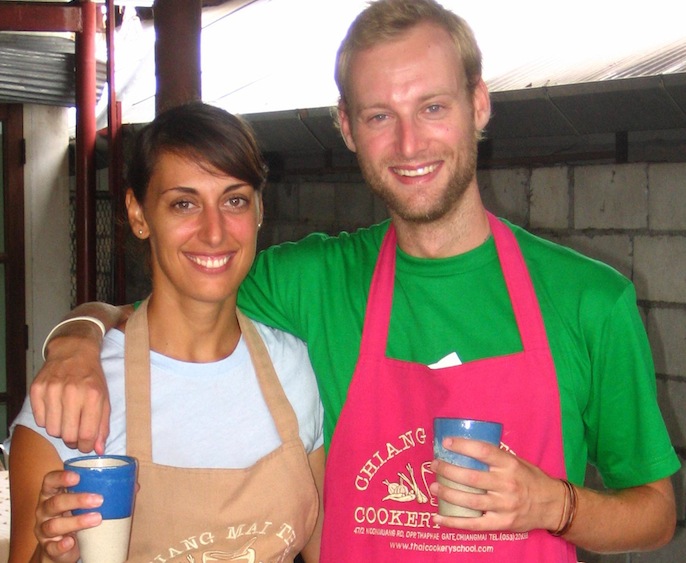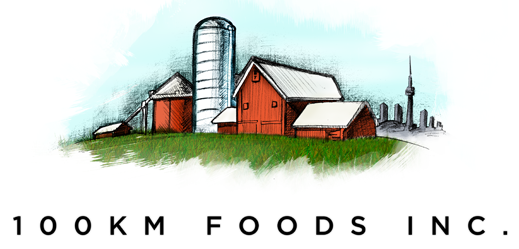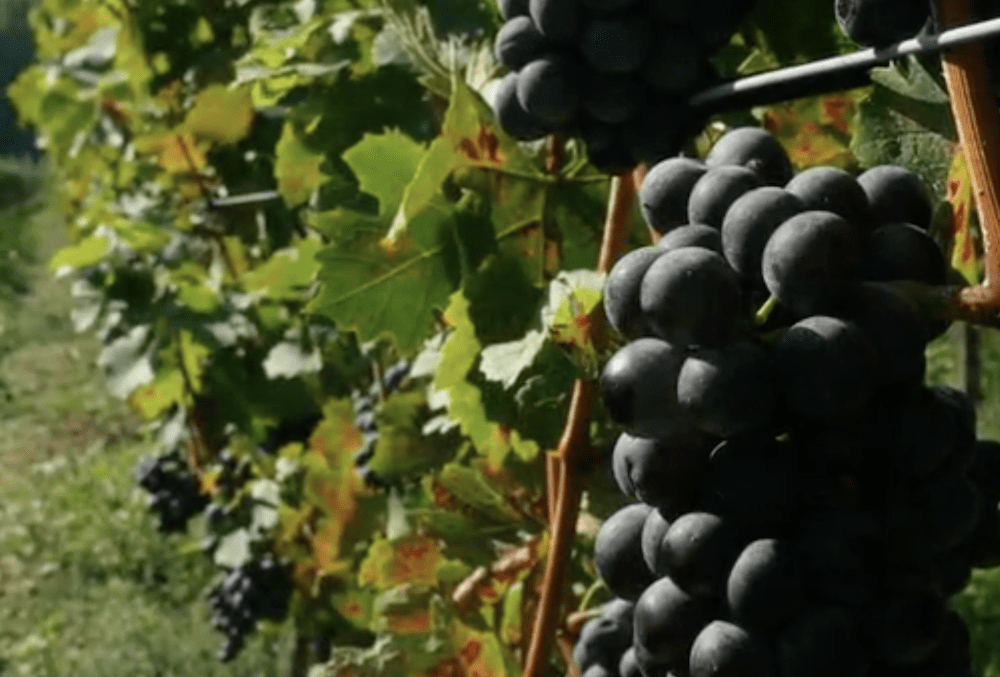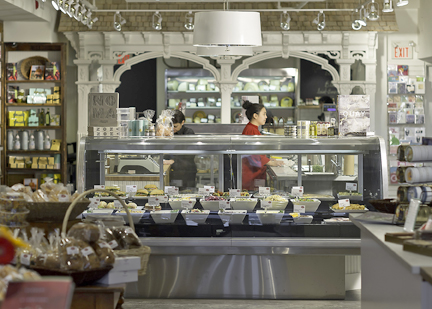Ever think of leaving your job to travel and find yourself? As cliche as it sounds, this is what Paul Sawtell and his partner Grace Mandarano did. Dissatisfied with their jobs in the pharmaceutical business, the couple went on an extended trip to Asia in search of something more meaningful. Upon coming home they both took a leap of faith by quitting their jobs and giving up their apartment. With a blank slate, both Paul and Grace sought careers that they could be proud of and that would align with their green ideals and values.
With a fervent interest in food, sustainability, and a lot of free time, Paul and Grace attended many food related seminars. One in particular, called the Politics of Local Food, caught their interest and sparked a business idea. The seminar was a panel discussion between chefs and farmers that revealed an absent connection between them. Chefs were frustrated about not having the time to visit or manage relationships with various local farmers to buy locally grown products while farmers complained about not having the time or resources to market their products to chefs. The glaring middle propelled Paul and Grace to begin 100km Foods.
Now in its fifth successful year, 100km Foods provides a single direct channel for various farmers to sell and distribute locally grown product to the urban market. Their value proposition is that they provide the freshest local products available. Paul explains that when a chef orders, say salad greens in July, they are hand-cut with scissors in the morning, picked up by a truck in the afternoon and delivered to the chef by the next morning. All the products that 100km foods picks up are already spoken for by an end customer. Instead of mass whole purchases everything is harvested to order which eliminates deteriorating products and waste.
Paul and Grace are putting literal meaning behind the farm to table concept. There is a growing interest in buying local sustainable food that is cultivated by more traditional methods. City chefs insist on freshness and knowing where their food is coming from, and they are willing to pay higher prices for it. As a result, 100km Foods is thriving. It has grown five fold since it first began in 2007. The business now has 4 trucks that service approximately 40 different farms, and can offer up to 1500 products (in the height of the season) including fruit, vegetables, dairy, eggs, and pantry staples. In 2012, 100km Foods bought one million dollars worth of products from local producers.
Suppliers are the missing piece in an emerging food culture. Paul and Grace have only barely scratched the surface of their business potential. Along with accreditation of a robust sustainability standard, farms that are serviced by 100km Foods must also have a location that works logistically and conveniently with their driving routes. Although the name 100km Foods is more figurative than literal, more wheels on the ground means access to farms that are not currently on their roster. With the inclusion of more farms comes more communicative channels to the urban market. The growth and success of 100km Foods has a cumulative effect: local farms are benefiting from more business while chefs have access to a wider variety of local growers and seasonal goods.
 Michelle Rabin is a Toronto based recipe tester, writer and server. She loves shopping at farmer’s markets, supporting local and sustainable products and of course eating delicious food. Follow her at @michellerabin and check out her blog The Art of Eating Alone.
Michelle Rabin is a Toronto based recipe tester, writer and server. She loves shopping at farmer’s markets, supporting local and sustainable products and of course eating delicious food. Follow her at @michellerabin and check out her blog The Art of Eating Alone.









